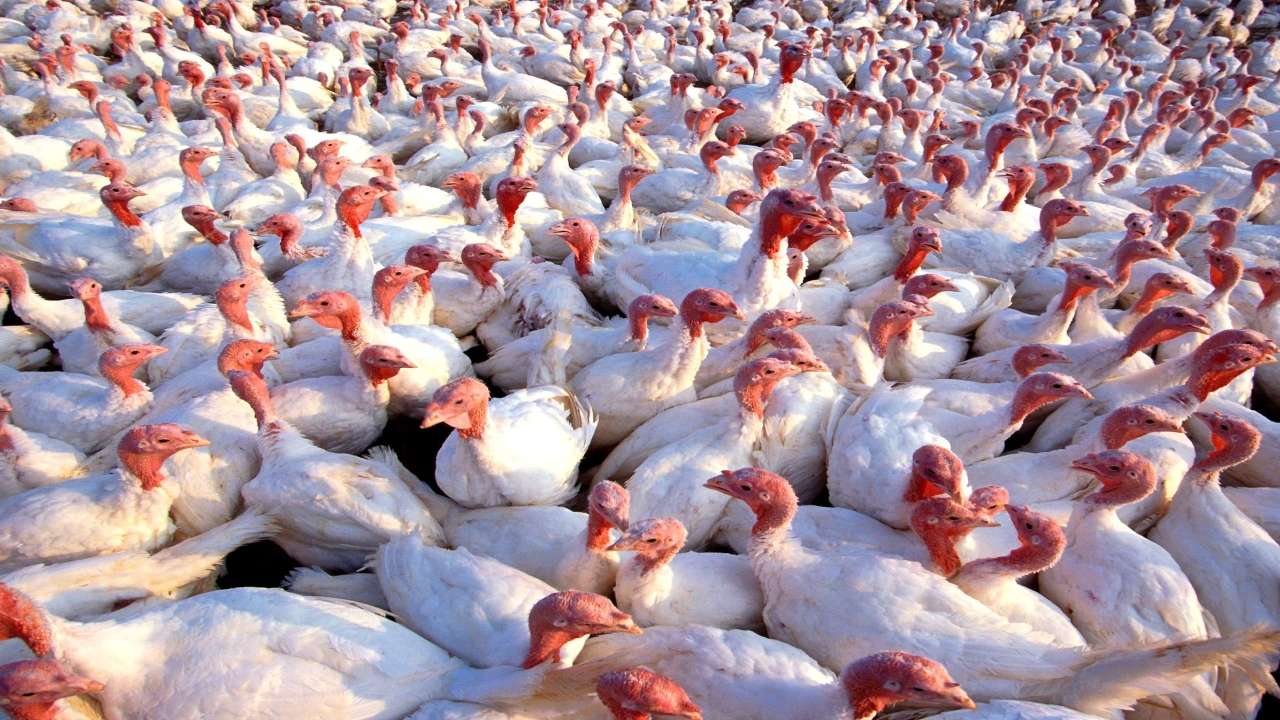New Cases of bird flu have been detected in commercial flocks of chicken in Pennsylvania and a backyard flock in Utah, the U.S.D.A sais Saturday, with the outbreak now has spread to more than 30 states in the country.
Earlier this month, the ministry said it was looking at vaccines as an option to protect poultry from the deadly bird flu as the country faces its harmful outbreak since 2015. The current outbreak has wiped out well over 20 million chickens and turkeys in commercial flocks since February.
Both samples of the Pennsylvania flock and Utah flock were tested. Samples from the Pennsylvania flock were tested at the Pennsylvania Veterinary Laboratory and samples from the Utah flock were tested at the Utah Veterinary Diagnostic Laboratory, which is part of the National Animal Health Laboratory Network, the Department of Agriculture said in a statement on Saturday.
The USDA said, Federal and state officials are working together on additional monitoring and testing in areas close to infected flocks.
US officials have said recent cases of highly pathogenic avian influenza do not pose an immediate public health concern. Previously, the unites states avoided vaccinations out of fear that importers would ban U>S poultry shipments because they could not distinguish between infected and vaccinated birds. The United States is the second-largest exporter of poultry meat in the world. In 2020, the value of US poultry and poultry product exports to the world reached $4.2 billion.
Bird flu has affected poultry in Europe and Asia, as well as North America and the USDA is working with other countries on vaccine options.
Trading has suffered, as importers such as China have blocked imports from many US states over the outbreak. The unites states have the strongest avian influenza surveillance program in the world. Through our ongoing wild bird surveillance program, APHIS collects and tests large numbers of samples from wild birds in the North American flyways. APHIS is working closely with state animal health officials in Pennsylvania and Utah on joint incident responses. State officials quarantined the affected premises, and birds on the properties will be depopulated to prevent the spread of the disease. Birds from the flocks will not enter the food system. In addition to monitoring for avian influenza in wild bird populations, APHIS monitors for the virus in commercial and backyard birds.
It is not uncommon to detect avian influenza in wild birds as avian influenza viruses circulate freely in those populations without the birds appearing sick. In addition to monitoring for avian influenza in wild bird populations, APHIS monitors for the virus in commercial and backyard birds. With the recent detections of the Eurasian H5 strain of highly pathogenic avian influenza in wild birds and domestic poultry in the United States, bird owners should review their biosecurity practices and stay vigilant to protect poultry and pet birds from this disease.
